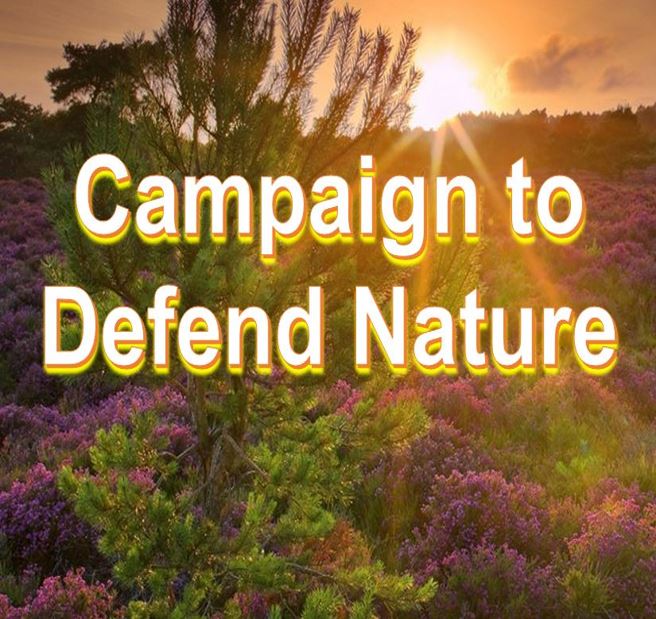The European Union’s review of environment law is the greatest threat in a generation, say over 100 British environmental groups. The European Commission’s plan to look at the cost of implementing the birds and habitats Directives has met with fierce opposition from UK groups. A Directive is a legal Act of the European Union.
Last week, the European Commission started a 12-week public consultation to look at how cost-effective the birds and habitats Directives are, and whether such goals should be met at national level.
The Commission says it plans to consider the possibility of cutting red tape related to current laws without compromising their effectiveness.

More than 100 British environmental groups have joined in the ‘Joint Links’ group to keep the current EU Directives. (Image: RSPB)
British environmental and animal protection societies say the move could significantly weaken the Directives. It is a serious mistake to regard the Directives as a block to economic growth and business, they say.
The BBC quoted Colum Delany, from the RSPB in Northern Ireland, who said:
“We’re going to have to work from a precautionary principle. Our concern is that there could be a drive to weaken these Directives, to open them up to create vulnerability for biodiversity for short-term political priorities.”
Mr. Delany said Rathlin Island, off the coast of County Antrim and the northernmost point of Northern Ireland, was an example of where the current Directives had been effective. The number of birds like guillemots and razorbills had risen, and provided a priceless tourism attraction, he added.
Europe’s foundation of nature conservation
The EU habitats Directive protects over 200 habitat types and more than 1,000 plant and animal species. The birds Directive, established in 1979, is the EU’s oldest piece of legislation.
These Directives form the foundation of European nature conservation policy. There is fear that they could be merged into one single piece of legislation.
Chair of the UK campaign, Kate Jennings, head of the RSPB’s site policy unit, said:
“The habitats and birds Directives are the foundation of nature conservation across Europe and are scientifically proven to be effective where properly implemented. “The Directives deliver demonstrable benefits for nature, as well as significant social and economic benefits.”
Ms. Jennings pointed out that protected sites in the UK were being lost at a rate of 15% annually before the Directives, and by just 1% after they came into force.
In an urgent call for support, the RSPB wrote on its website:
“We urgently need you to add your voice to thousands of others below and defend nature. Without a massive demonstration of public support for the Directives, it will be very hard to prevent them being weakened. Please back our campaign today and speak out for the wildlife and places you love.”
EU wants conservation legislation modernised
The environment department of the EU is not keen about the review. Officials emphasized that they want conservation rules modernised rather than buried.
The Guardian quoted Enrico Brivio, a spokesman for the environment commissioner Karmenu Vella, who said:
“They ain’t broke but they are a bit old. One piece of legislation dates from 1979, the other is from 1992 and there is a need for an update.”
“But there is no intention to scale back on our environmental objectives. The idea is to reduce certain administrative burdens without compromising the Directives’ main purpose.”
According to The Wildlife Trusts, ‘Joint Links’ represents voluntary organisations across the UK with over 8 million suppoers. “It comprises the combined memberships of Wildlife and Countryside Link, Scottish Environment Link, Wales Environment Linkand the Northern Ireland Environment Link.”
Citation: “Joint Links Position Statement: European Commission ‘Fitness Check’ of the Birds and Habitats Directives ,” Joint Links Group.
RSPB Video – Help us Defend Nature
Environmental groups say they are working hard to show that the Directives work. However, that is not enough. The Commission is giving everybody the chance to have their say.
The RSPB says it needs you to add your voice to thousands of others to defend nature, and urges people to share the video and tell others about this appeal.
